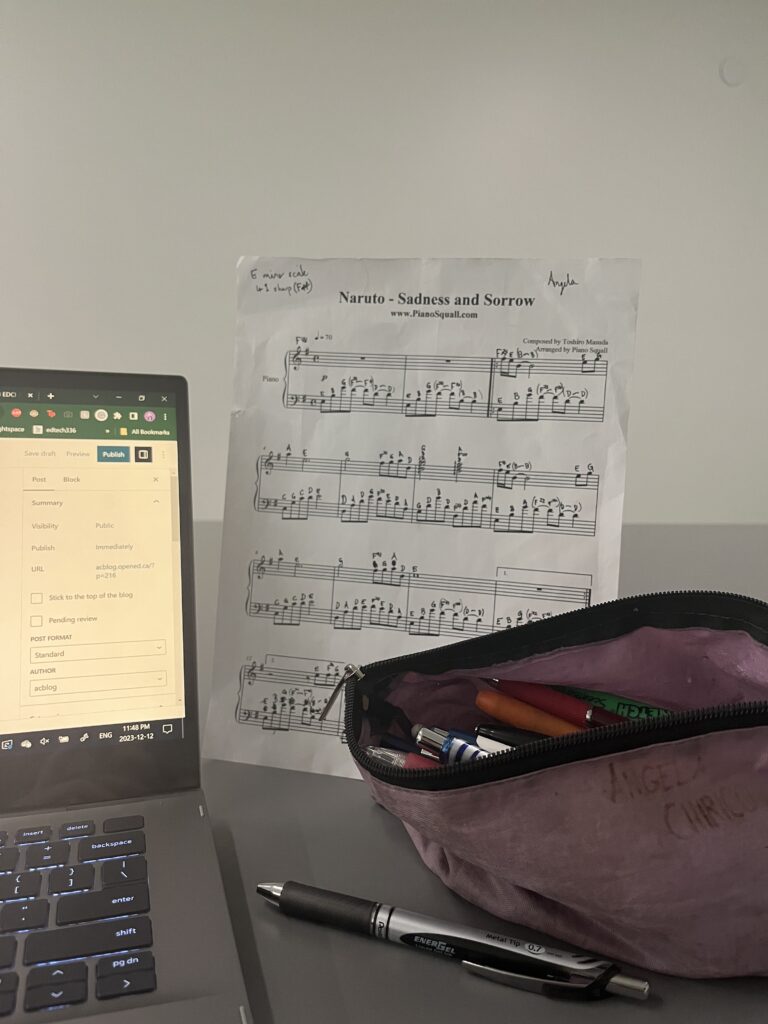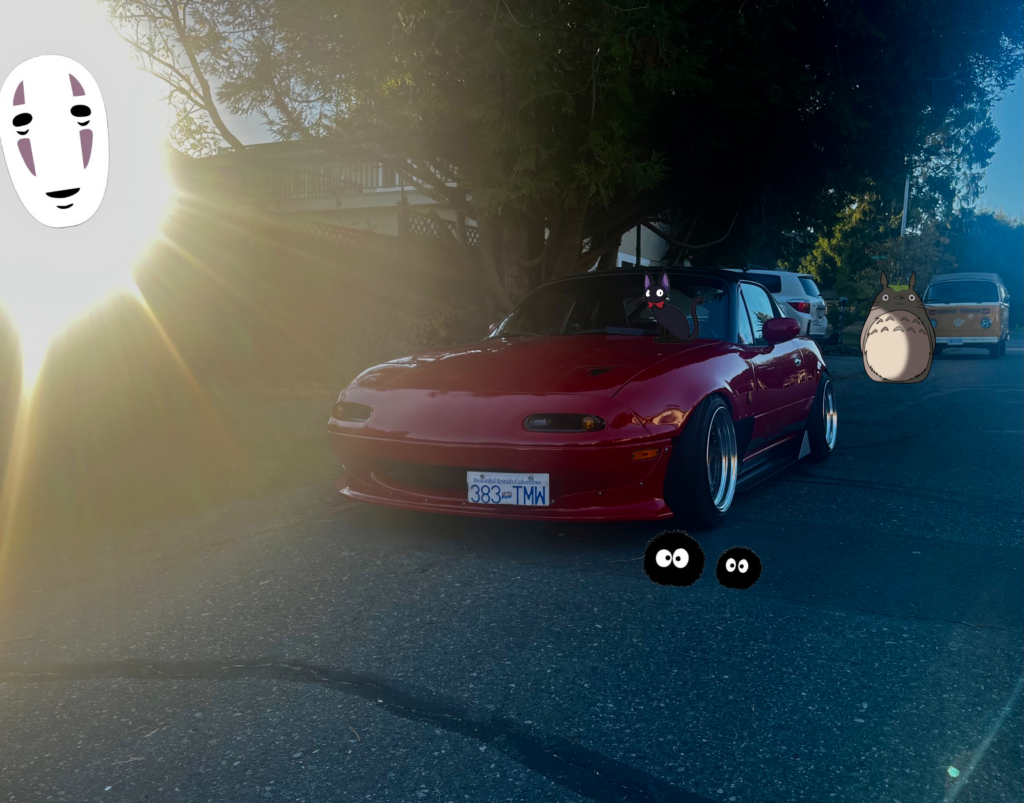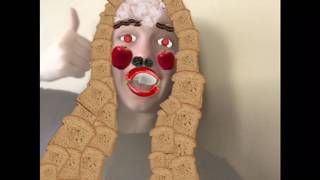
My sheet music stares me in the face as I reflect upon the process of learning the chords. It is an unrelenting reminder of what should have been done last month and what could have been done if I had just booked the piano room more often. At the same time, it is a page full of potential, something I want to learn and have wanted to learn for over a year now. It is also a symbol of achievement, since I know the meaning of every notation on this sheet of paper.
Reading piano sheet music has been something I’d wanted to learn since I was sixteen, and now I can finally do it. It opens a world of music, and I can learn almost any song I wish to. I knew that the learning process of reading sheet music was going to take a long time, so I set aside the months of September, October and the first half of November to solidify my understanding. Then, I set a goal to learn the song Sadness and Sorrow from the Naruto anime on the piano. In my head, once I had learned to read sheet music, piano would be fairly easy. This is because until this point, I had learned music from YouTube tutorials, and had no idea what keys I was pushing, which was challenging.
Now that I have an understanding of sheet music in relation to piano, the instrument makes more sense, but it is still challenging to learn songs and chords. In hindsight, I should have set a goal where I learn the first part of the song, since it was very challenging to me and I could only book the piano room for 2 hours per week (I managed to sneak in a few times when it was empty).
My blog posts were less frequent than what they could have been and ended up merging some weeks of work together. I am proud of how I edited a few of my videos, I wasn’t expecting to have as much fun with it as I did.
I look forward to learning the rest of this song and many more.

